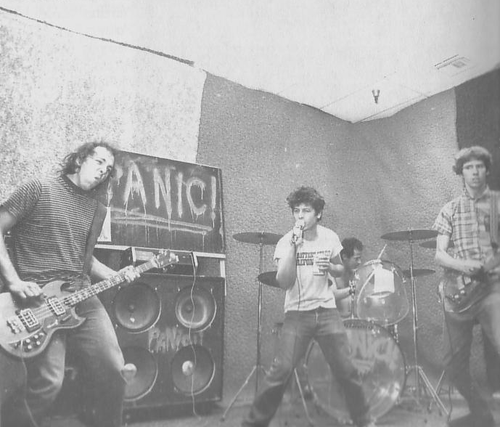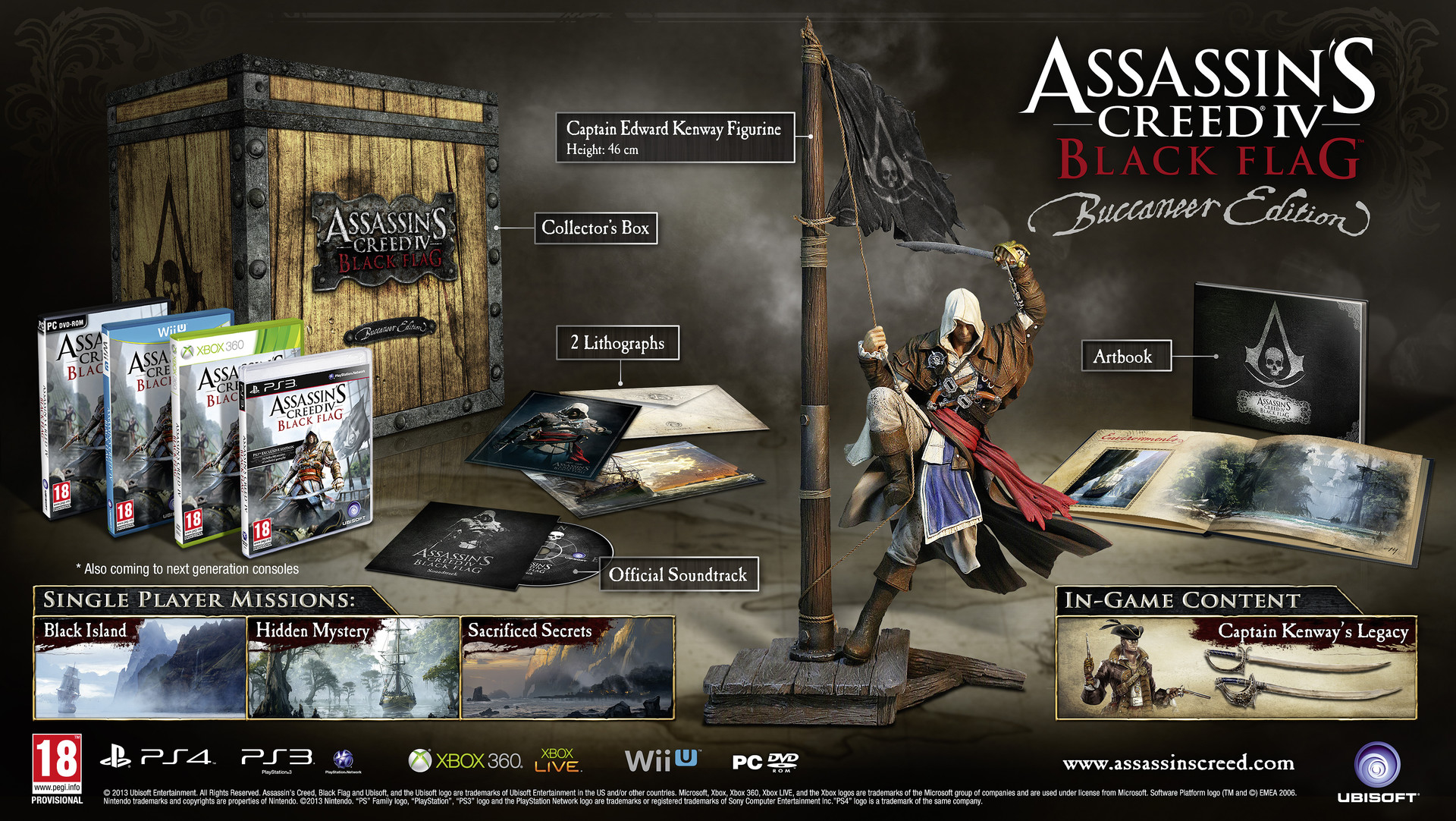

I live in D.C, a city full of policy wonks. That data can help us explain to our audience what is happening or just happened in a more sophisticated way than in a previous era of campaign coverage.īut way too often, that data is used to predict, instead of to explain. I think most campaign reporting now recognizes how unimportant most campaign events and speeches are compared to factors like approval and disapproval ratings and partisanship. When I covered campaigns in 20, way too much time was spent suggesting various events were so-called game changers. The increasing use of data and political science in political reporting is a huge plus. When will Hillary Clinton announce? Who will run her against her? Can Jeb win? When the “Access Hollywood” video came out, the coverage quickly became “how does it affect Trump” in x state or among y voting bloc. Too much of political reporting has turned into predicting events that will happen right in front of us in a few days or weeks. I first suggested Trump wouldn’t win a single primary, then that he wouldn’t win the overall GOP primary, and then that he would lose the general.īut I don’t think the problem was that my predictions were wrong, but that I was making them in the first place. And there are lessons for political journalists looking forward. In the final days, FiveThirtyEight’s Nate Silver emphasized that Clinton was the favorite, but there was great uncertainty in part because of the large number of undecided voters. She was right.Ī week before the election, The Atlantic’s Ron Brownstein described the risky approach Clinton was taking, campaigning in states like Florida and North Carolina in the final days instead of Michigan and Wisconsin. When others would say “now Trump is going to pivot” and behave like a traditional candidate, Tur would always remind the audience that the businessman was determined to campaign and win his way. My NBC News colleague Katy Tur was on the road every day with Trump and did what the best candidate reporters do: deeply understand the person that they are covering. The New York Times’s Nate Cohn wrote a piece in June explaining Obama’s relative strength with white, working class voters and how Clinton needed that bloc to win in states like Ohio and Wisconsin. If you were reading Slate’s Jamelle Bouie, PRRI’s Robert Jones, or New America’s Lee Drutman, you understood how race, identity, and our changing culture were deeply shaping this election, creating a kind of “white identity politics.” The crew at Vox was excellent at linking Trump’s rise with that of nationalist leaders and parties in Europe.

There was a whole lot that went right in 2016 campaign coverage. flag during an Election Day gathering at Rockefeller Center in New York I think this still makes them one of the greats in my opinion.Howard Nizebeth waves a U.S. When your at a black flag concert you can hear and feel the genuine feelings that are being portrayed.

Unlike other bands I feel they have lyrics that you can understand and feel, instead of these wana be singers who repeat themselves over and over again because they have nothing genuine to say. It was good to hear them again after so many years. There are some younger fans who are in front, but the show I went to had many of the older fans in the back swaying while the younger fans stayed closer to the stage. Today they still have that same head swinging and intensity, but as you get older so do the fans. Back in the day they played small venues where you could be right next to the stage and when Rollings is screaming right in your face you sing along with the song.

I remember when I was younger that in your face singing and playing that most kids don't get these days. I recently went to a concert where they were back together and that same fire and intensity from the eighties was still there. I think the band breaking up was very hard for me back then, but reading about it later it was the right thing. They are one of those bands who have been around for awhile and being old as I am you often grow out of music you liked when you were younger. The expression "if it's too loud, then your too old," applies to one of my favorite bands, Black Flag.


 0 kommentar(er)
0 kommentar(er)
